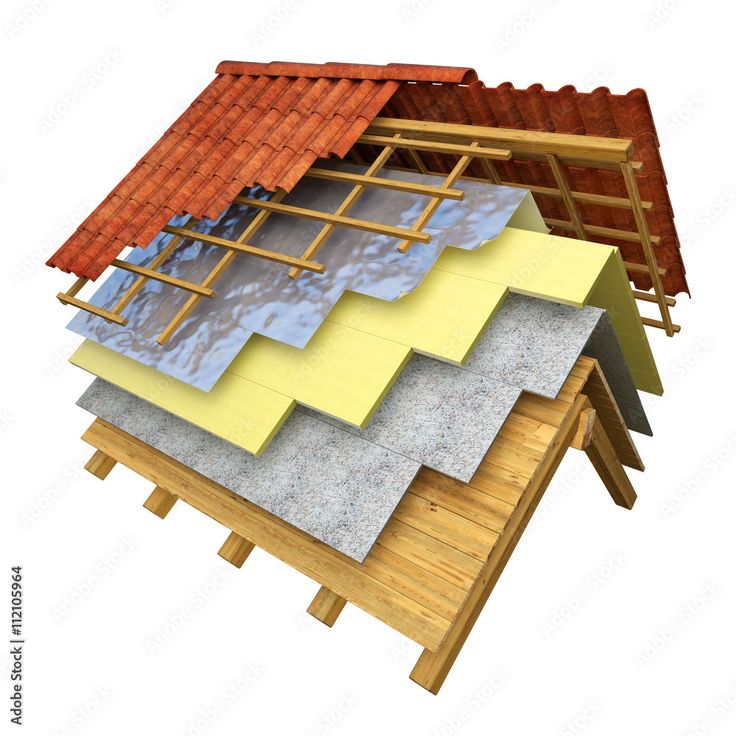When it comes to enhancing energy efficiency in your home, roof insulation is often an overlooked hero. While many homeowners focus on windows and doors to combat energy loss, the roof plays a critical role in maintaining a comfortable indoor climate. roof insulation Let’s explore the significance of roof insulation and how it can lead to substantial energy savings and improved comfort.

What is Roof Insulation?
Roof insulation refers to the materials placed in the roof space or between the roof and the living areas of a home to reduce heat transfer. It serves as a barrier, keeping your home warm in winter and cool in summer. Various materials can be used for roof insulation, including fiberglass, foam boards, cellulose, and reflective barriers.
Why is Roof Insulation Important?
- Energy Efficiency: One of the primary benefits of roof insulation is its ability to improve energy efficiency. A well-insulated roof helps regulate indoor temperatures, reducing the reliance on heating and cooling systems. This leads to lower energy bills and a smaller carbon footprint.
- Comfort: Proper insulation helps maintain consistent temperatures throughout your home. Without adequate insulation, certain rooms may become uncomfortably hot or cold, making it difficult to achieve a cozy atmosphere.
- Moisture Control: Insulation can help control moisture levels in your home, preventing condensation that can lead to mold and mildew growth. This is particularly important in areas like attics, where temperature fluctuations can create moisture issues.
- Noise Reduction: Roof insulation also serves as a sound barrier, minimizing external noise from rain, wind, and traffic. This added layer of comfort can greatly enhance your living environment, particularly if you live in a noisy area.
- Extended Roof Lifespan: By regulating temperature and reducing thermal stress on your roofing materials, insulation can extend the lifespan of your roof. This can save you significant costs on repairs or premature roof replacement.
Types of Roof Insulation
Choosing the right type of insulation for your roof depends on various factors, including your climate, the design of your home, and your budget. Here are some common types:
- Fiberglass Insulation: Widely used due to its effectiveness and affordability, fiberglass insulation is available in batts, rolls, and loose-fill forms.
- Spray Foam Insulation: This type expands on application, filling gaps and creating an air-tight seal. It’s particularly effective for irregularly shaped areas.
- Cellulose Insulation: Made from recycled paper products, cellulose is an eco-friendly option that provides good thermal performance and sound insulation.
- Reflective or Radiant Barrier Insulation: Typically used in hot climates, radiant barriers reflect heat away from living spaces, keeping homes cooler.
Installing Roof Insulation
While DIY insulation installation is possible for some homeowners, hiring a professional can ensure the job is done correctly. A professional will assess your home’s insulation needs, recommend the best materials, and ensure that the insulation is installed in compliance with building codes.
Conclusion
Investing in roof insulation is one of the most effective ways to enhance your home’s energy efficiency, comfort, and overall value. By preventing heat loss in winter and heat gain in summer, proper insulation can lead to significant energy savings and a more pleasant living environment. If you haven’t considered upgrading your roof insulation yet, now is the perfect time to explore your options and reap the benefits for years to come.